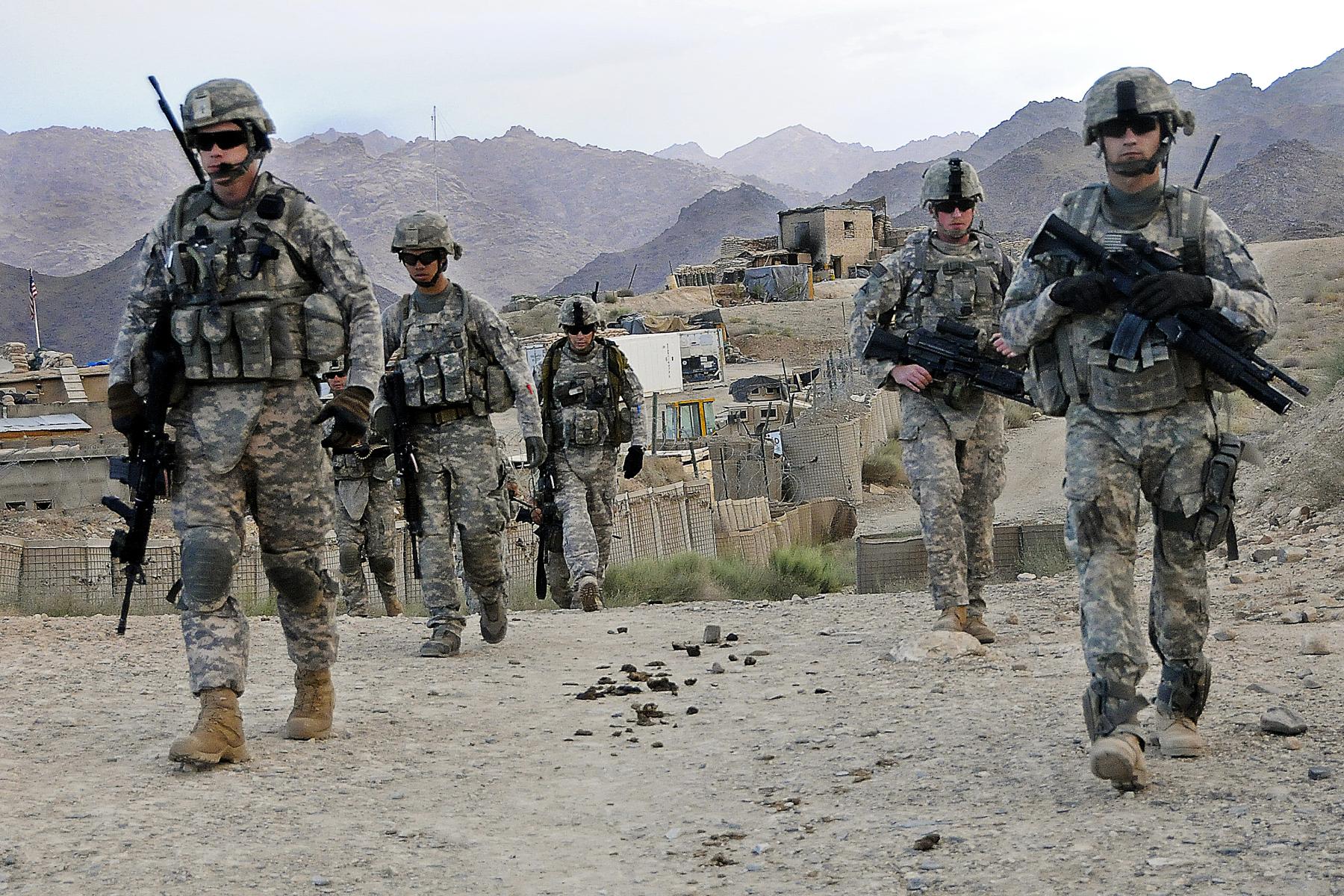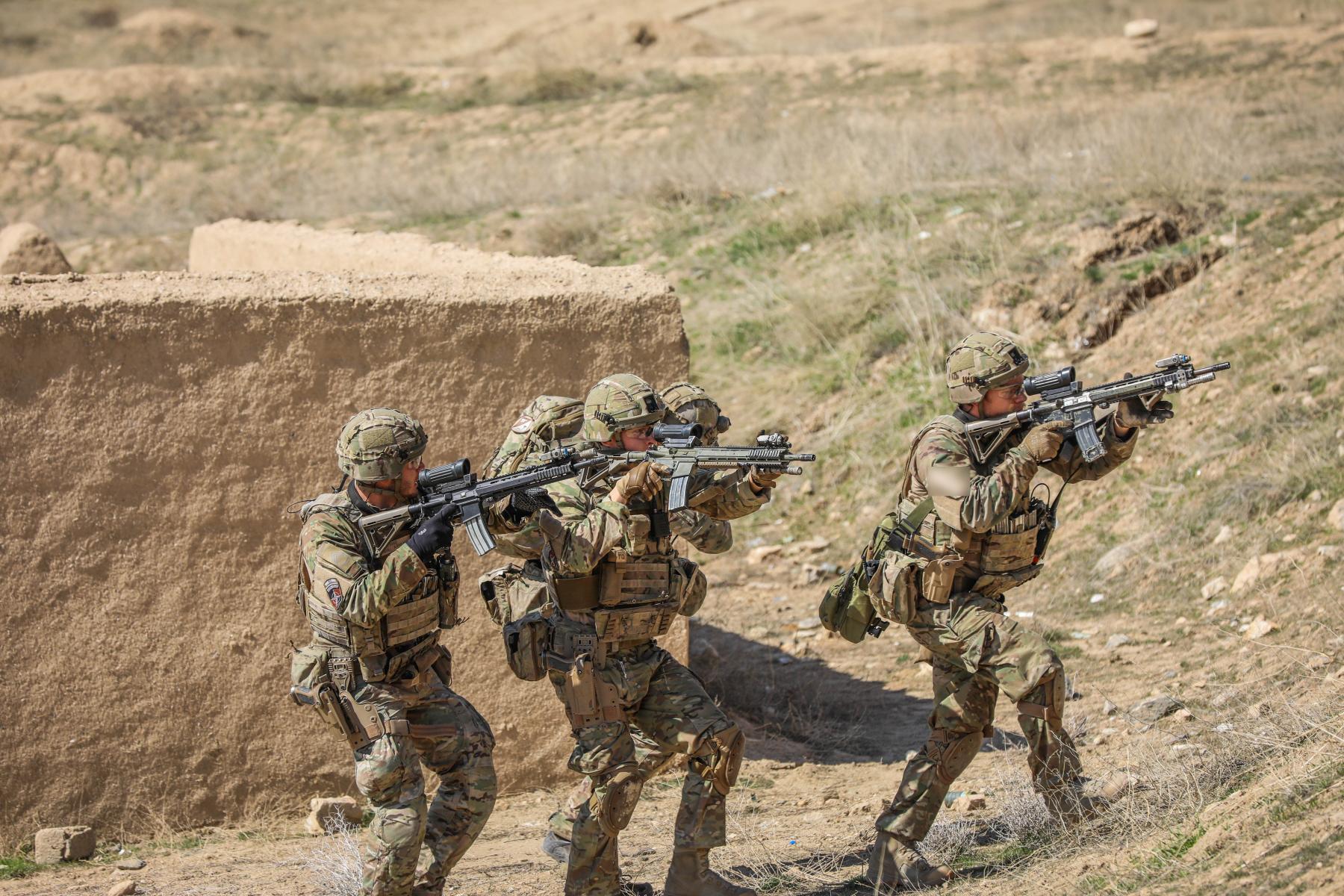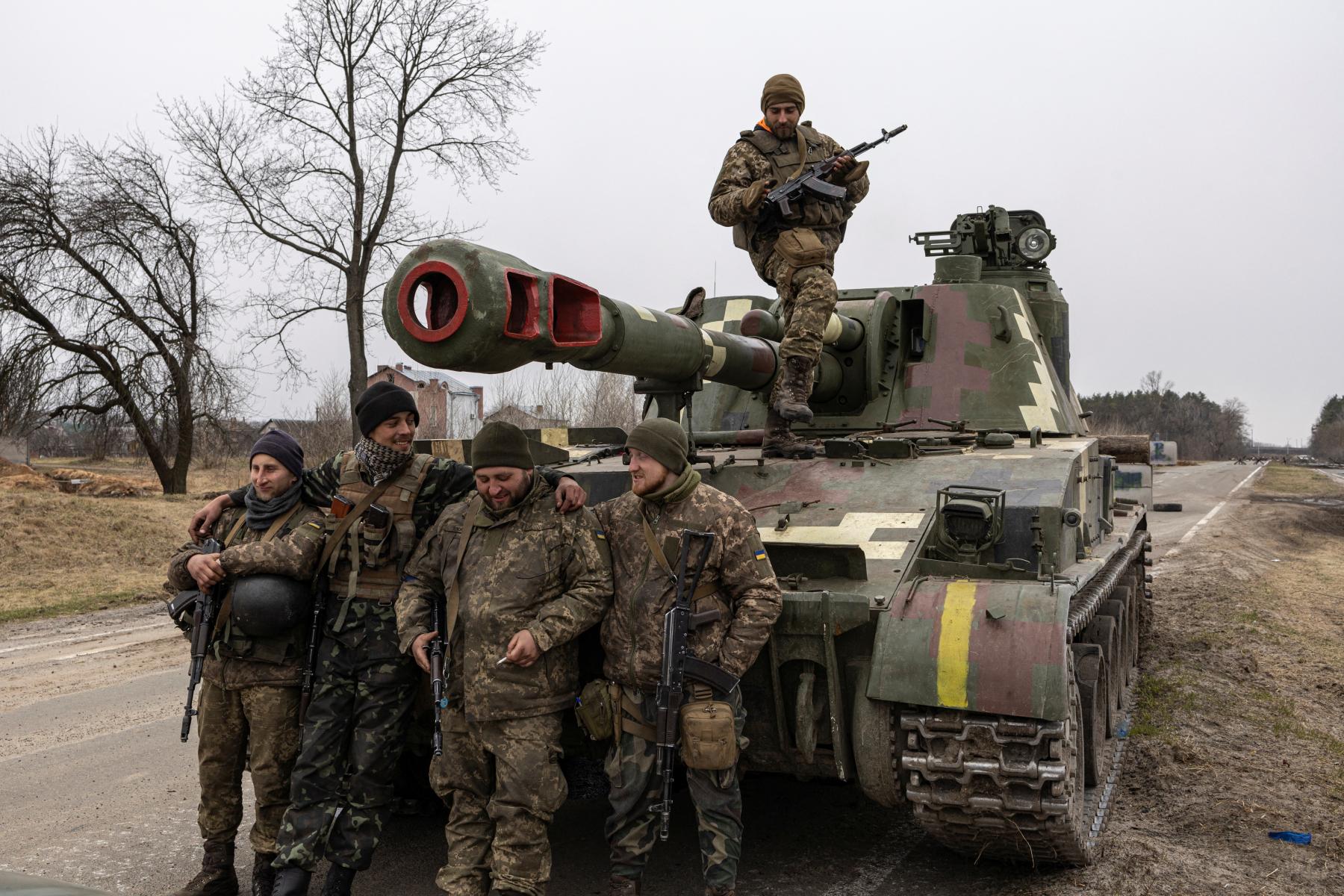Wars, pandemics, and the human mind: Competing conceptions of trauma in the 21st century
The war in Ukraine and the global pandemic have sparked profound disruption around the world. But how we understand the psychological impact of such crises and catastrophes has changed over the last twenty years. This project explores how western societies respond to the traumatic events of our time.
The Reflecting Pool is lighted as a Covid-19 Memorial in front of the Washington Monument in Washington, DC, on January 19, 2021. Patrick T. FALLON / AFP
Researchers
Forskning og aktiviteter
Kontakt

Billede/illustration af Lynggaardhansenfoto.dk




